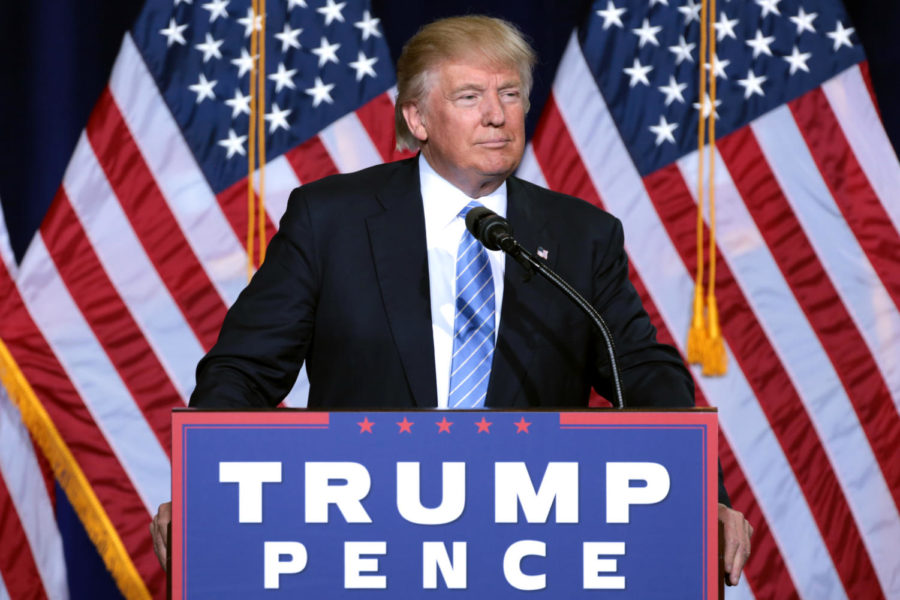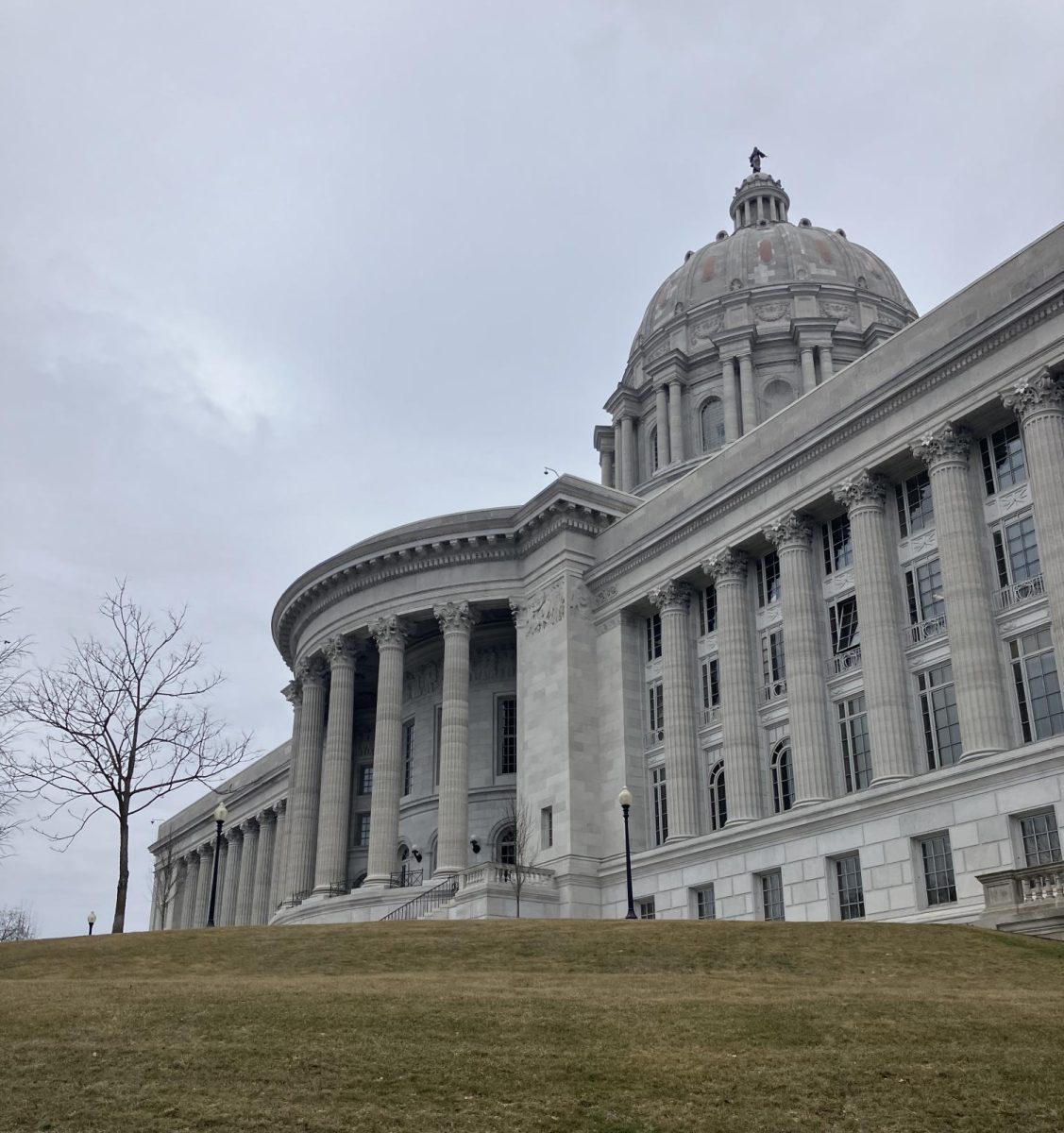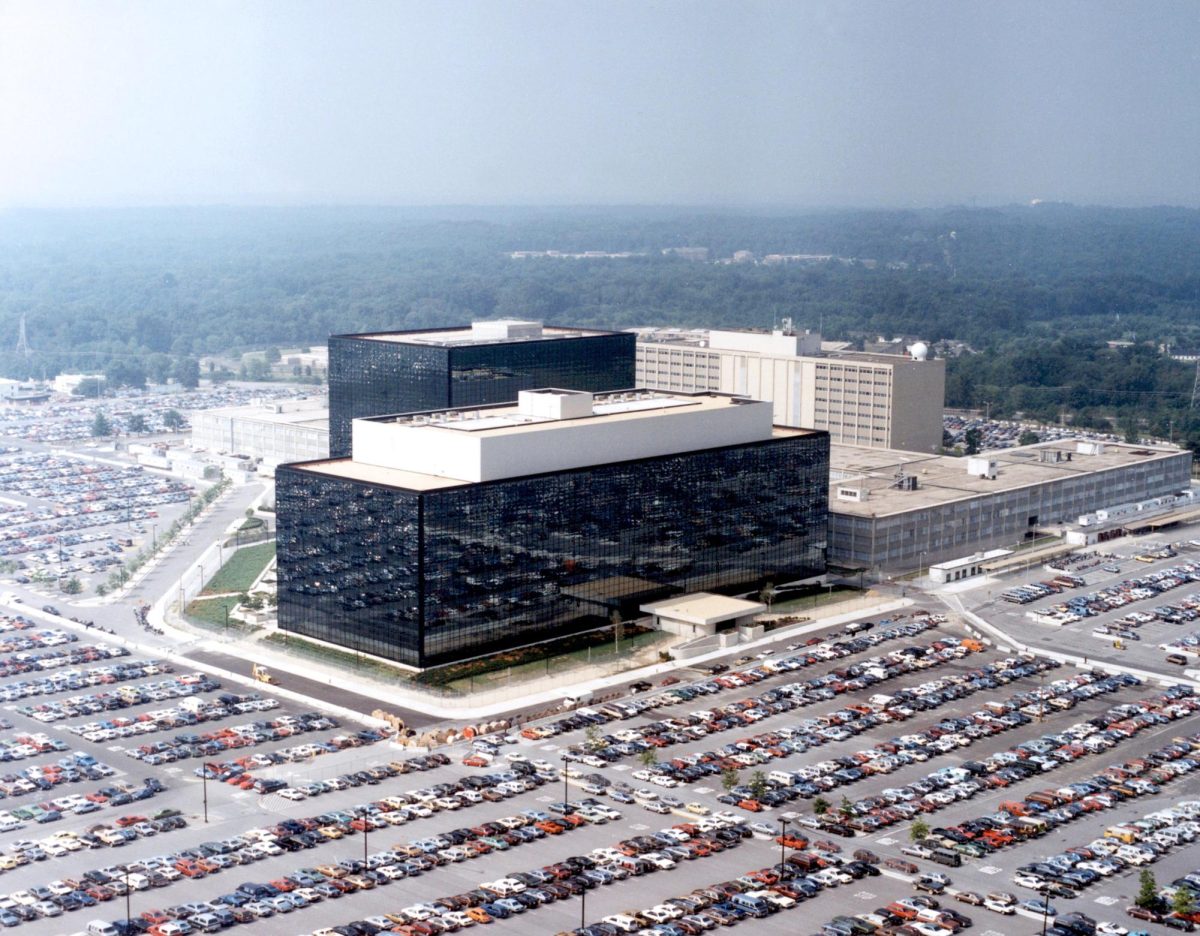The 2016 American Presidential election was a disappointment to many worldwide. In its wake it has left hundreds of millions distraught over a diverse range of topics. For some, this was bound to happen eventually as a result of Democrats’ subjective incompetency to perform certain, necessary duties and then fronting perhaps one of the least charismatic candidates ever. For others, this catastrophe of an election seemed only possible in nightmares. For this column, I choose to remain largely politically impartial except for on a couple of issues I feel very passionate about (regarding immigration policy) because I feel neither side gets it right. Admittedly, the Dems in Washington are probably closer to what I deem acceptable, but overall it is a pretty scattered lot all around the country.
Undoubtedly, the 2016 election cycle, climaxing in Donald J. Trump’s inauguration last January, was one of rhetoric. But surely Americans could not actually believe that Trump was going to keep his campaign promises. In fact, according to a Washington Post and ABC News poll, Oct. 29 – Nov. 1, only 35% of respondents believe that he is indeed keeping his campaign goals. Probably one of his most famous ideas, no matter how whimsical, is to build a wall–details to be determined because they keep on changing and of course require Congress to pass something–across the entire Mexico – US border. Quickly, I would like to address the absurdity of this seemingly straightforward goal. When have walls ever worked? The Great Wall of China didn’t keep the Mongols out in ancient history, neither did it effectively prevent the Japanese invasion in the Second Sino-Japanese War in the ‘30s. The Berlin Wall, which eventually came down anyway, effectively destroyed Germany by ripping it in two and delaying its postwar healing process. Moreover, if potential illegal immigrants to the United States are dead set on coming to this country, then what good is a wall going to do anyway? This would be nearly as catastrophic as the War on Drugs for a wall of the magnitude that Trump and his supporters are calling for. Simply it would just disrupt supply without touching demand at all, which is not only very expensive but would also cause more complex issues.
However, the stance I take on immigration policy which I’m most passionate about is the one against mass deportation. And here’s why: According to PEW, there were 11 million unauthorized immigrants in the US in 2015. In the same year, there were roughly 320 million people living in the United States. This cranks out to about 3.5% of people living in this country are here illegally. From this, there are a few different routes I could go along the train of thought of removing all these undocumented immigrants from America, but I’m just going to focus on one. The US Department of Labor says that about half of all agriculture workers here are illegal immigrants.
The reason I focus on agriculture is because its effects are arguably the most influential for the whole country and world of all industries. Not even considering the logistics and fiscal requirements and repercussions of relocating almost 11 million people, we can just look at the local consequences on the common person without taking the government into thought. While losing half of a workforce of any industry would be catastrophic, farming specifically. Assuming that we become half as productive (which would be unrealistic given that illegal immigrants usually take the harder, more laborious jobs which make up a harder part of the industry), any surplus of food would cease to exist. Consequently food prices would soar. Thus, we would become more reliant on foreign countries to import food. These factors and more would cause mass confusion and panic, which I believe would likely contribute to another economic recession, which nobody wants.
I’m not supporting illegal immigration. All I’m saying is that, logically speaking, we have to look at the numbers and look at the big picture before we make decisions or claims that would obviously have consequences that are much more disastrous than we’d initially think.









